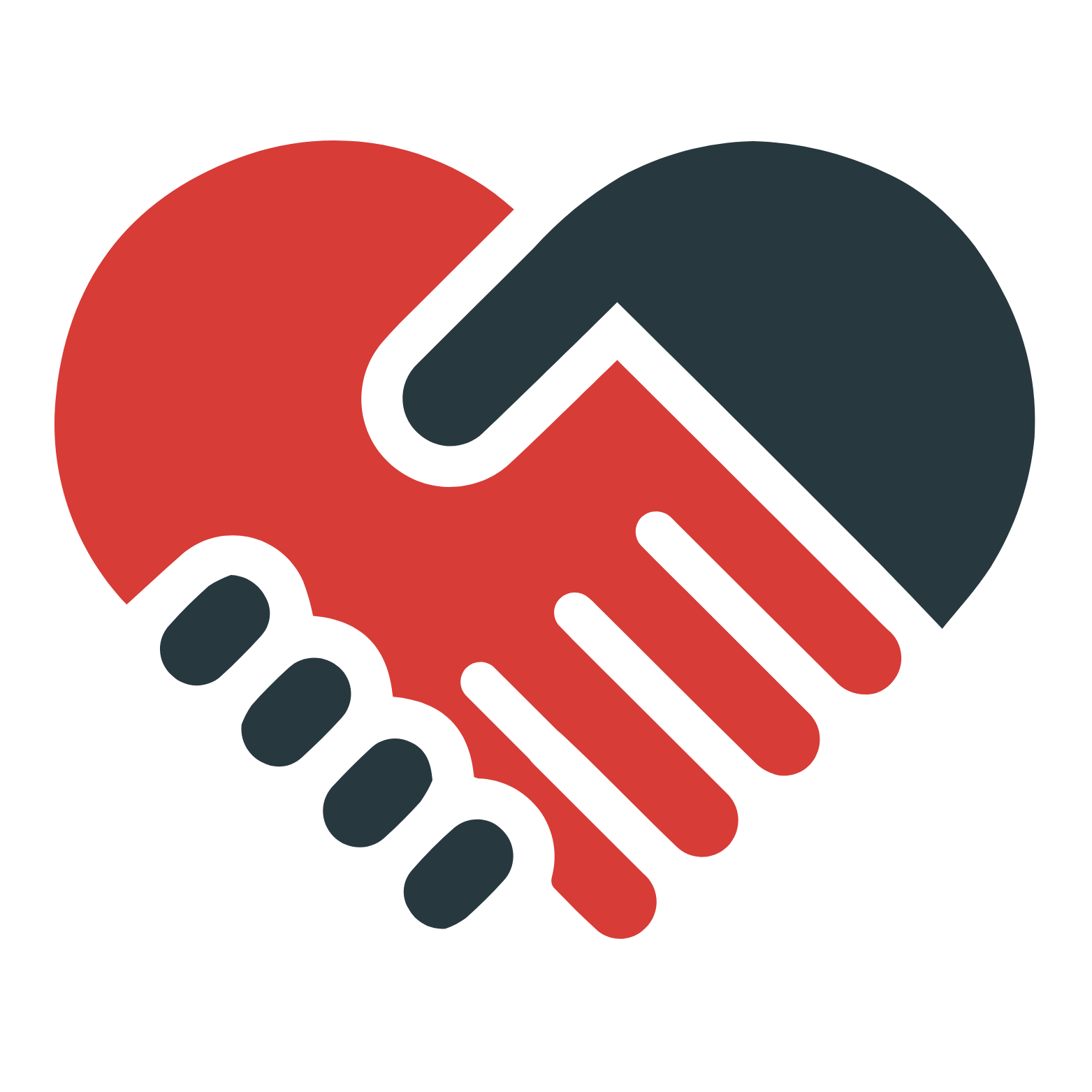
In today’s world, whistleblowing has emerged as a vital mechanism for promoting accountability and integrity within organizations. Whether in the public or private sector, employees who encounter malpractice, unethical behavior, or wrongdoing must be aware of their options for reporting these concerns. While many may initially consider reporting issues to their employer, there are numerous external bodies and prescribed individuals ready to address such matters. Below is a comprehensive list of these entities.
**1. Regulatory Bodies**
Various sectors have designated regulatory bodies that oversee compliance and ethical standards. For instance:
– **Healthcare**: In the UK, the Care Quality Commission (CQC) is responsible for monitoring health and social care services to ensure they meet regulatory standards. Similarly, the General Medical Council (GMC) addresses concerns raised about medical professionals.
– **Financial Services**: The Financial Conduct Authority (FCA) provides a platform for reporting malpractices in financial services, ensuring that firms and individuals abide by regulatory requirements.
**2. Professional Bodies**
Many professions have established governing organizations that enforce codes of conduct:
– **Legal Profession**: The Solicitors Regulation Authority (SRA) is an essential resource for reporting misconduct within the legal sector.
– **Engineering**: The Engineering Council is responsible for maintaining standards in the engineering profession and can be approached for unethical practices.
**3. Government Agencies**
Whistleblowers can contact various government agencies depending on the nature of the malpractice:
– **Health and Safety Executive (HSE)**: For issues related to workplace safety and health violations, HSE encourages reporting unsafe practices.
– **Environmental Agency**: Environmental malpractices can be reported to this agency, which ensures compliance with environmental laws and regulations.
**4. Advocacy Groups and Charities**
There are numerous organizations that support whistleblowers and can provide guidance and advice:
– **Public Concern at Work**: This charity offers confidential advice to individuals considering whistleblowing, helping them understand their rights and the best courses of action.
– **Transparency International**: As a global organization, they tackle corruption and promote transparency. They can offer resources for reporting corrupt practices.
**5. Law Enforcement Agencies**
In cases involving criminal activity, contacting local law enforcement may be appropriate. They can investigate serious allegations, including fraud or violence, ensuring that the perpetrators are held accountable.
**6. Ombudsmen and Complaints Commissions**
Certain sectors have appointed ombudsmen who can investigate complaints against public bodies:
– **Parliamentary and Health Service Ombudsman**: This body considers complaints about the way public bodies handle services, providing a vital avenue for citizens to voice their concerns.
– **Local Government Ombudsman**: They address issues related to local government services, supporting individuals in seeking resolutions.
In conclusion, whistleblowing serves as a crucial safeguard for accountability and ethical conduct in various fields. It is essential for individuals to know their rights and understand the available channels when faced with malpractice. Whether through regulatory bodies, professional organizations, or advocacy groups, several external avenues exist for reporting unethical behavior beyond the confines of one’s workplace. Employees must feel empowered to raise their voices confidently, knowing they are supported in their pursuit of integrity and transparency.
指导:举报:规定的人员和机构名单
您可以举报不当行为的规定人员和机构名单,除了您的雇主之外。
在医疗或健康服务领域,医疗事故的投诉和举报是保护患者权益的重要环节。尽管大多数人会选择向自己的雇主或所在机构反馈问题,但实际上,还有许多其他的渠道可以用来举报医疗事故。以下是一些建议的机构和人员,可以帮助您有效地报告医疗 malpractice。
1. **专业监管机构**
每个国家或地区通常都有专门的医疗监管机构,负责维护医疗服务的标准。例如,在中国,您可以向国家卫生健康委员会或各省市的卫生健康委员会投诉,举报医疗机构或者医疗人员的行为。
2. **行业协会和委员会**
许多医疗专业都有自己的行业协会或委员会,可以提供投诉渠道。例如,中国医师协会和各地方医师协会均可接受涉及医师的投诉,帮助维护医疗行业的道德和专业标准。
3. **地方卫生监督机构**
地方卫生监督机构负责监督和管理辖区内医疗服务的质量。这些机构通常接受关于医疗服务不当或安全隐患的举报,并会展开调查。
4. **消费者权益保护组织**
有些非政府组织专注于消费者权益,并接收医疗服务方面的投诉。这些组织不仅可以提供建议,还可能对医疗服务提供者施加公关压力。
5. **法律咨询机构**
如果您认为自己的权益受到侵害,借助法律资源是一个有效的选择。寻求专业法律咨询可以帮助您了解如何合法地提交投诉,并且可能还会为您提供进一步的法律支持。
6. **患者权益倡导组织**
许多组织专注于患者权益,并致力于确保患者能够平等地获得医疗服务。这些组织通常能提供有关如何举报医疗事故的资源和支持。
7. **社会媒体和公共平台**
在一些情况下,讲述您的经历可能引起公众的关注,从而推动问题的解决。社交媒体和公众平台能够帮助您分享故事,但必须遵循有关隐私和法律的规定,以免造成二次伤害。
总结来说,若您在医疗服务中遇到问题,不必只依赖您的雇主。以上列举的渠道可以有效地帮助您举报医疗 malpractice,维护您的合法权益。
















 Our Collaborations With
Our Collaborations With 







